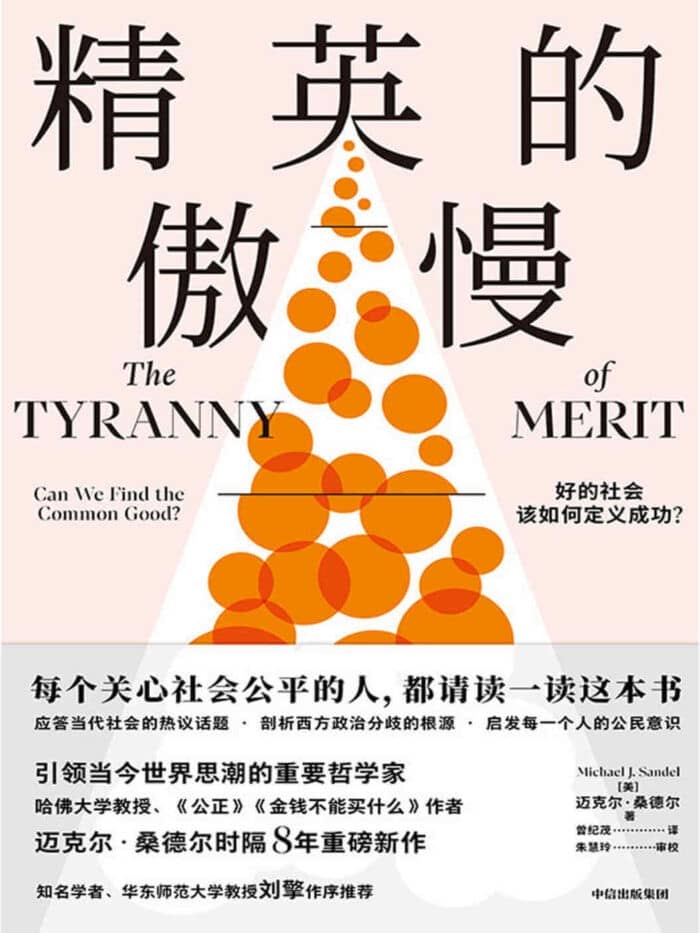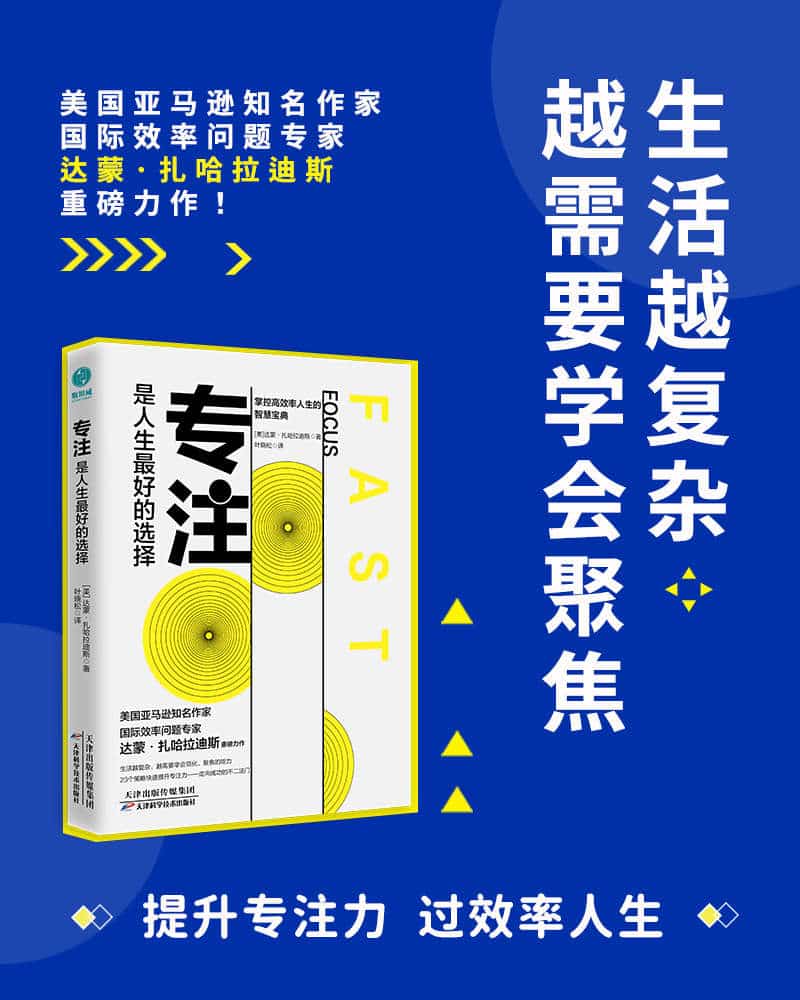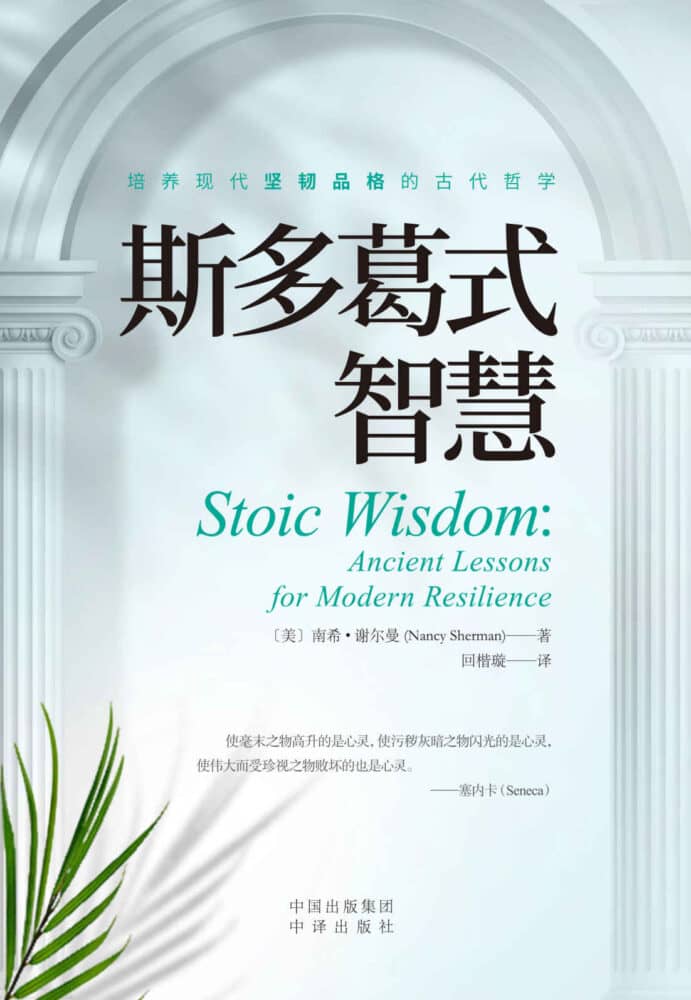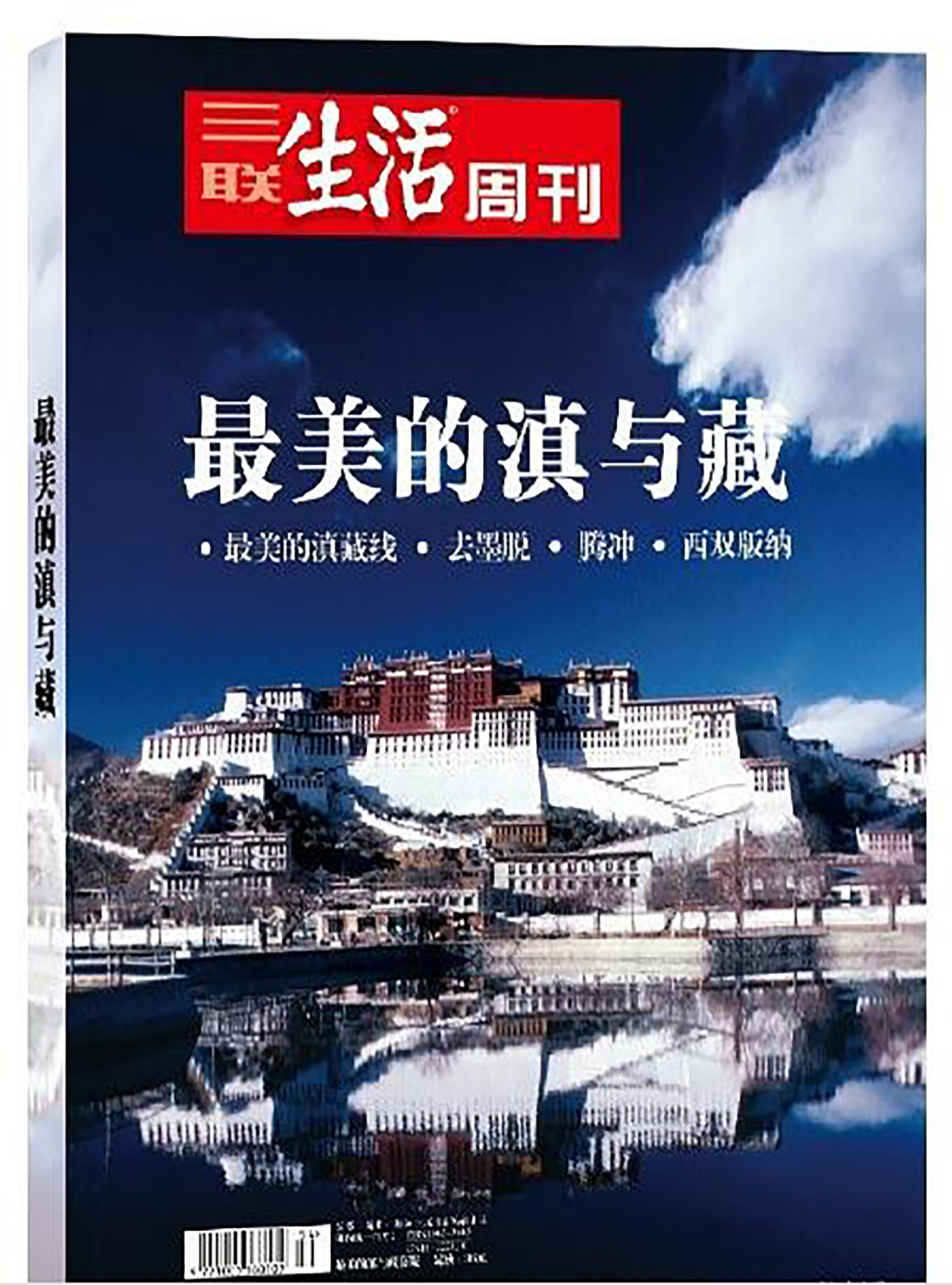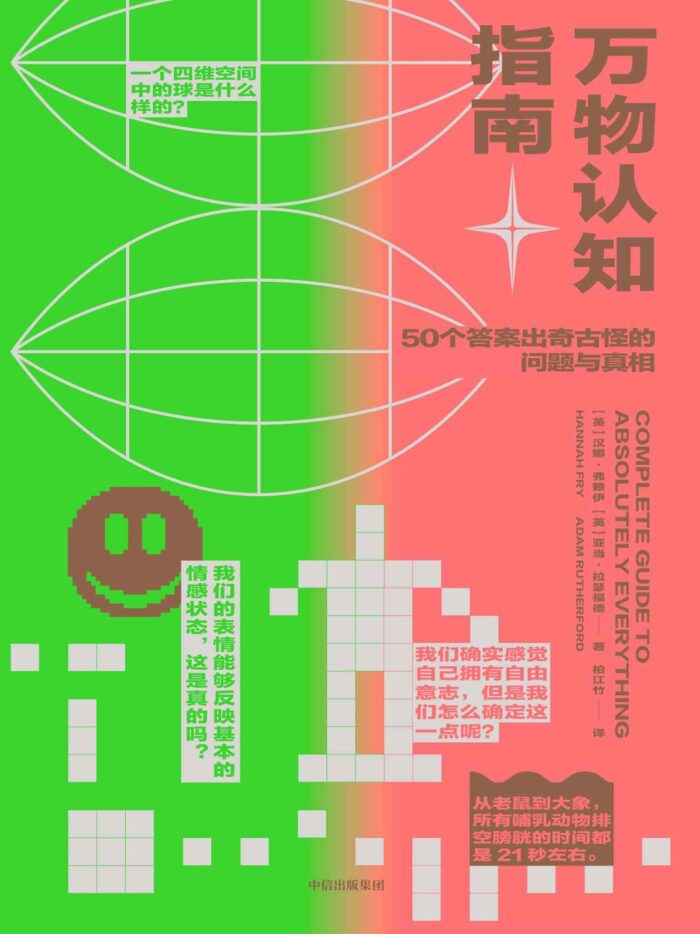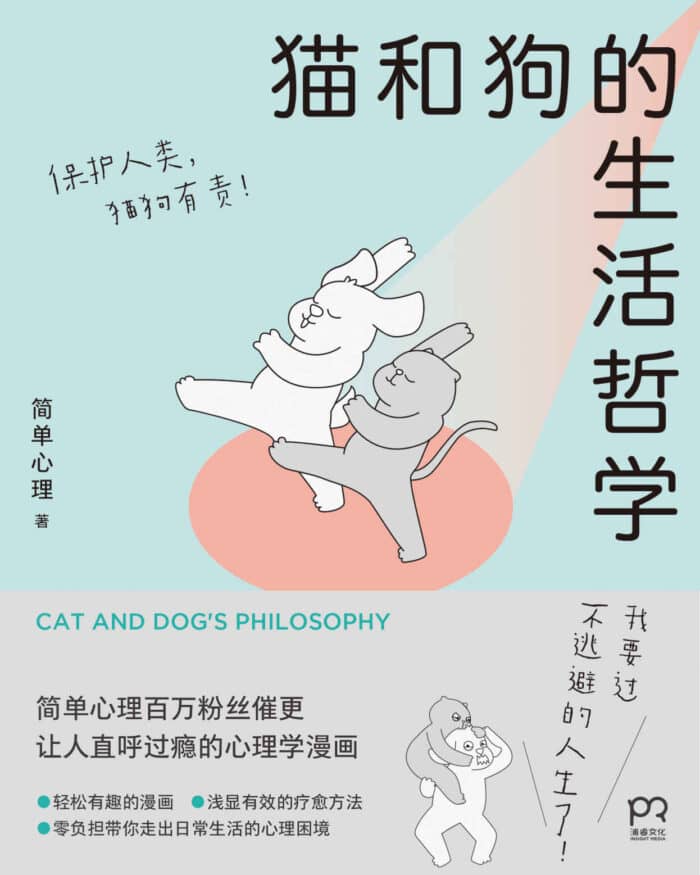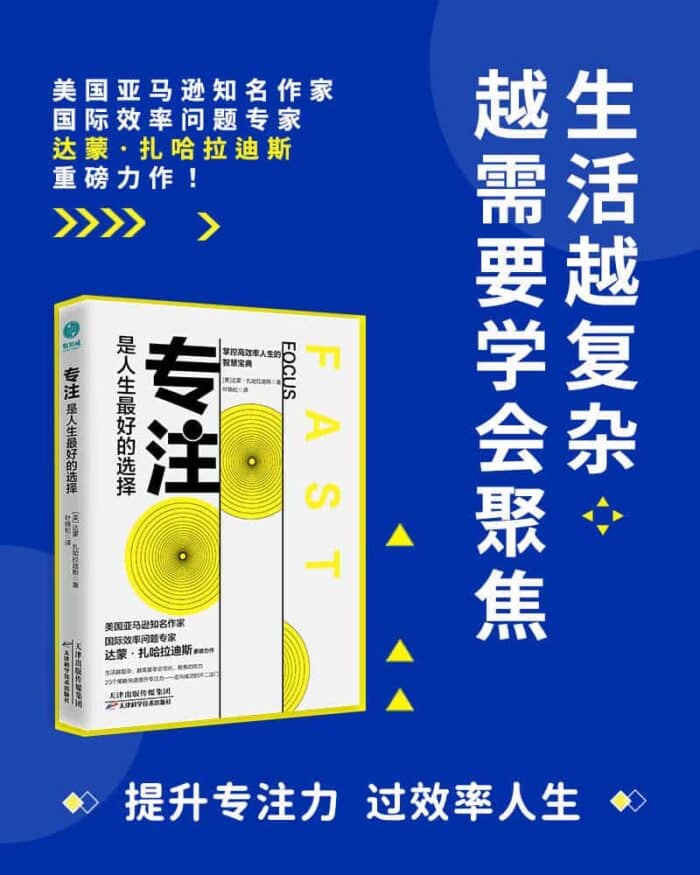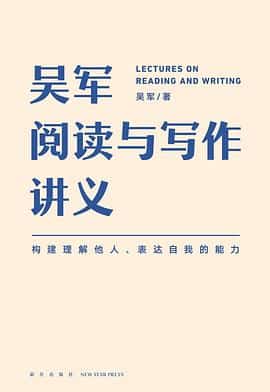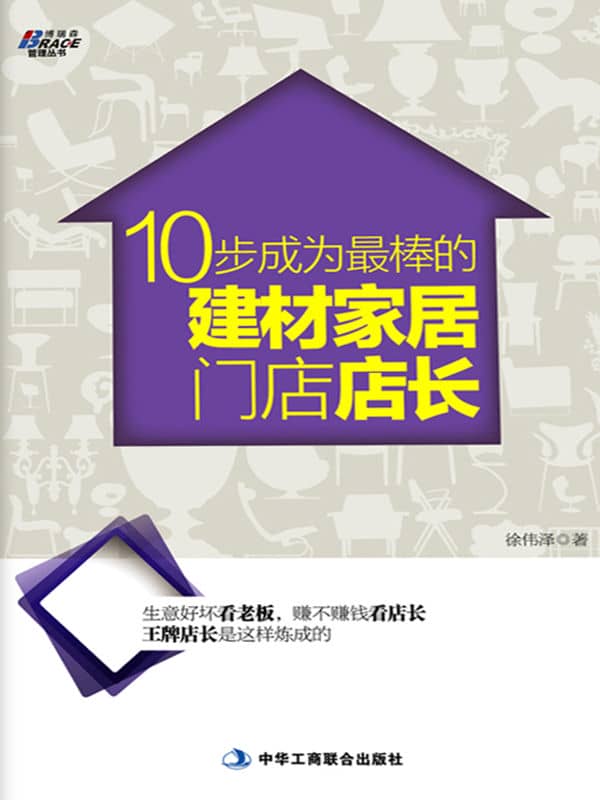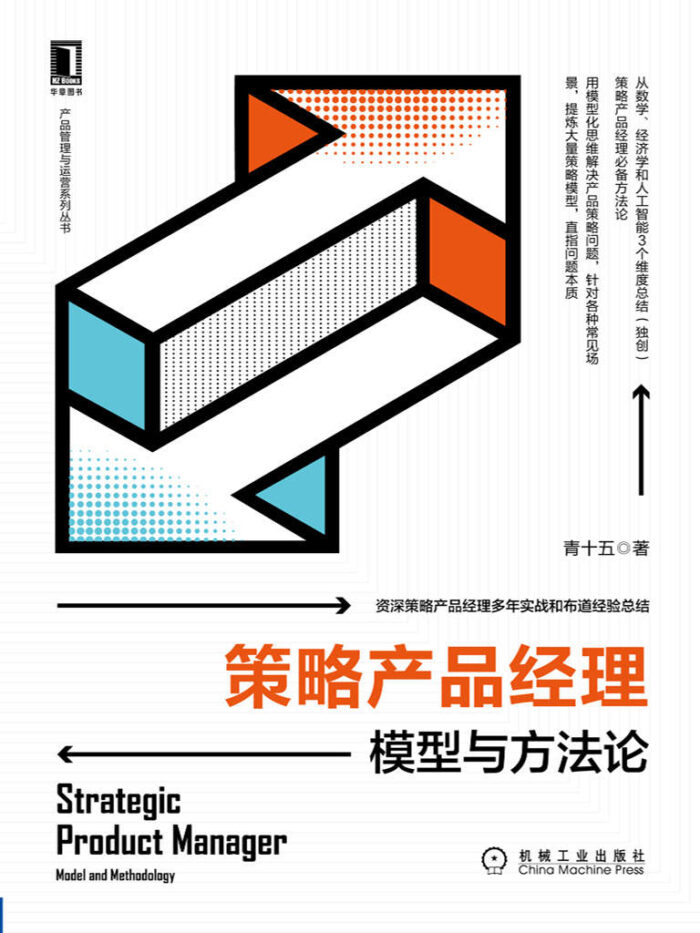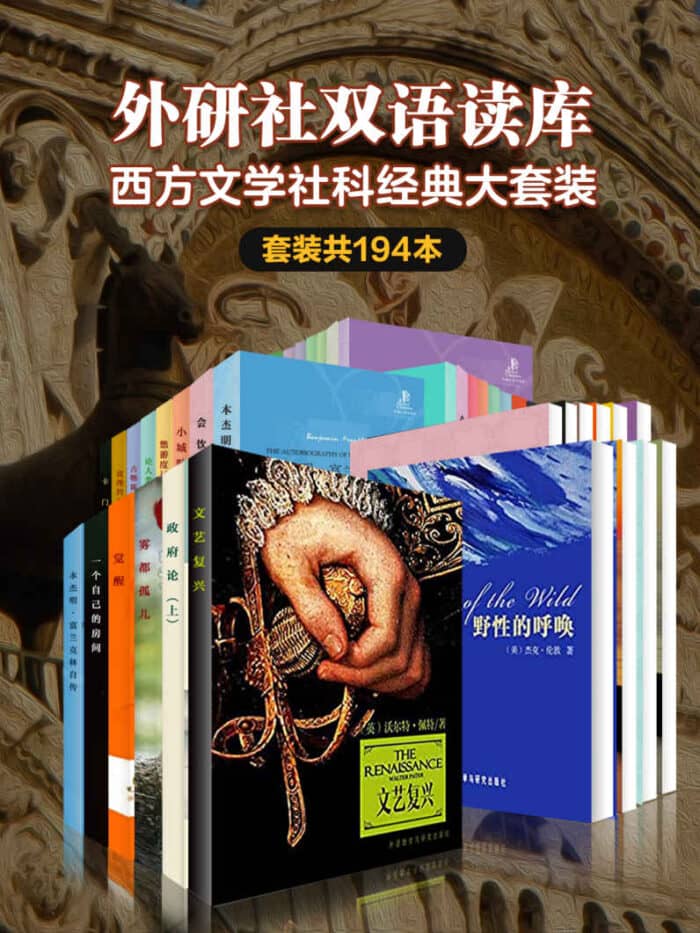内容简介:
大学文凭是通向成功的敲门砖吗?赚钱越多的工作,对社会贡献越大吗?只要努力就能成功的社会,就是公正的吗?
当“美国梦”成为谎言,当平等的假象造成胜者的傲慢与败者的愤怒,当不同立场的人失去相互倾听的能力,跟随桑德尔在《精英的傲慢》中重新思考教育的目的、工作的价值与成功的定义,是每一个社会和个体都需要经历的思辨。
曾经,社会承诺人们“只要努力,就能成功”⸺如果每个人都能在同等机会下公平竞争,那么优胜者就应该获得奖赏。这是“美国梦”所代表的理想,也是大多数现代社会认同的优绩至上主义的伦理核心。
然而桑德尔认为,昔日激励无数人奋斗的“美国梦”,恰恰是造成今日美国社会分裂的根源,这种看似公平的成功观造成精英的傲慢和底层民众的怨恨,使成功者深信其成功是自身努力的结果,忘记帮助他们的时机和运气,轻视比自己不幸和缺乏资格的人。这一现状阻碍了社会流动,助长阶级对立,侵蚀民主政治,最终导致民粹主义的兴起。
面对优绩的霸权,桑德尔希望每位公民思考:不同阶层的人是否可以谋求一种公共利益?我们对彼此的责任是什么?他带领我们从以下三个方面进行思辨:教育的本质与目的,如何建立每一份工作的价值与尊严,重新反思成功的意义。同时,他提醒我们保持谦卑,珍惜所有人的付出,积极讨论更有利于社会公正的举措,走向一种少些怨恨、多些包容的公共生活。
作者简介
迈克尔·桑德尔(Michael J.Sandel)
著名哲学家,哈佛大学政治哲学教授,美国艺术与科学院院士,索邦大学客座教授,牛津大学博士。
桑德尔是社群主义代表人物,坚持批判自由主义的个人观,反思公共生活与公民问题,其代表作《公正》《金钱不能买什么》被翻译成27种语言,畅销全球并引起热议。美国政治学会授予其特别成就奖,《外交政策》评选他为“全球杰出思想家”之一。
桑德尔致力于“公民教育”的通识理念,他的传奇公开课《公正》是哈佛大学历史上累计听课人数最多的课程之一,也是哈佛大学第一门在网上免费开放的课程。他擅长采用苏格拉底的问答式教学法,通过对极端假设或热点新闻的讨论引导学生主动思考、公开辩论。
桑德尔的教室从校园延伸至全世界,讲学足迹遍及各国,他曾多次来到中国,在北京大学、清华大学、华东师范大学等高校演讲。
试读:
我写这本书,是想要激发我的学生、中国的大学生、世界各地已经功成名就的大学毕业生,重新思考成功的意义。那些顶尖大学录取的人,还有那些找到好工作并赚了很多钱的人,都倾向于将自己的成就主要归功于自己的努力和勤奋工作。我们很容易忘记一路上帮助我们的机遇和好运。如此思维方式对身处竞争激烈的市场社会中的人来说司空见惯,在这样的社会中,取得成就的压力从一个人年幼之时就出现了,在高中和大学期间变得尤其大。例如,中国的年轻人承受着巨大的压力,为了准备参加高考,他们需要付出多年的努力补习功课和熬夜学习。
在竞争激烈的社会中取得成功的那些人开始相信,他们的成功完全是自己的功劳,因此他们理应得到成功带来的回报。他们也倾向于相信那些成就不如自己的人应该承受他们目前的境遇。
对才能和成就,以及谁应该得到高薪与社会尊重的这种思考方式,必然会损害社会团结。这种思考方式在赢家和输家之间挖掘了一条难以跨越的鸿沟,扩大了精英阶层和同胞之间的距离。这种思考方式也给赢家带来了伤害:相信命运完全掌握在自己手中会给我们带来追求成功的巨大压力——无论追求成功是为了取悦父母,还是为了取悦老师和我们自己。在美国、中国和世界各地,许多天赋很高的年轻人都受到了激烈竞争的压力的伤害。年轻人的心理健康问题日益严重,焦虑、抑郁情绪弥漫,自杀率不断上升。这本书想要探讨,我们如何才能找到理解成功的新方式,变得不那么焦虑,更宽厚、更谦逊,这种方式让我们对公共利益有更强的责任感。
很遗憾,新冠疫情让我在一段时间内无法访问中国。期待着有一天——希望这一天很快到来——我能够回到中国,继续与中国读者探讨公正、美德及成功的意义。
A Message to Chinese Readers
I wrote this book to challenge my students,university students in China,and successful college graduates everywhere,to rethink the meaning of success.Those who win admission to top universities,or who get good jobs and make a lot of money,are tempted to believe that our achievements are due mainly to our effort and hard work.We easily forget the luck and good fortune that helped us on our way.This way of thinking is familiar in competitive market societies,in which the pressure to achieve begins at a young age and becomes especially intense during high school and college years.Consider,for example,the tremendous pressures placed upon young people as they prepare,over years of cram courses and late-night studying,to take the gaokao college entrance examination.
Those who succeed in competitive societies come to believe that their success is their own doing,and that they therefore deserve the rewards it brings;they also tend to believe that those less accomplished than themselves deserve their fate as well.
This way of thinking about merit and achievement,about who deserves high pay and social esteem,has a corrosive effect on social cohesion.It creates a deep divide between winners and losers,and widens the distance between elites and their fellow citizens.It also harms the winners:believing that our fate is in our hands creates enormous pressure to achieve—to please our parents,or teachers,and ourselves.Many gifted young people—in the U.S.,China,and around the world—are harmed by these intense competitive pressures.Consider the growing mental health problems among young people,including anxiety,depression,and rising rates of suicide.This book asks how we can find a less anxious,more generous,more humble way of understanding success,one that points us toward a greater sense of responsibility for the common good.
I regret that the pandemic has prevented me from visiting China for some time.I look forward to the day,I hope soon,when I will be able to return to China to continue my conversation with Chinese readers about justice,merit,and the meaning of success.
